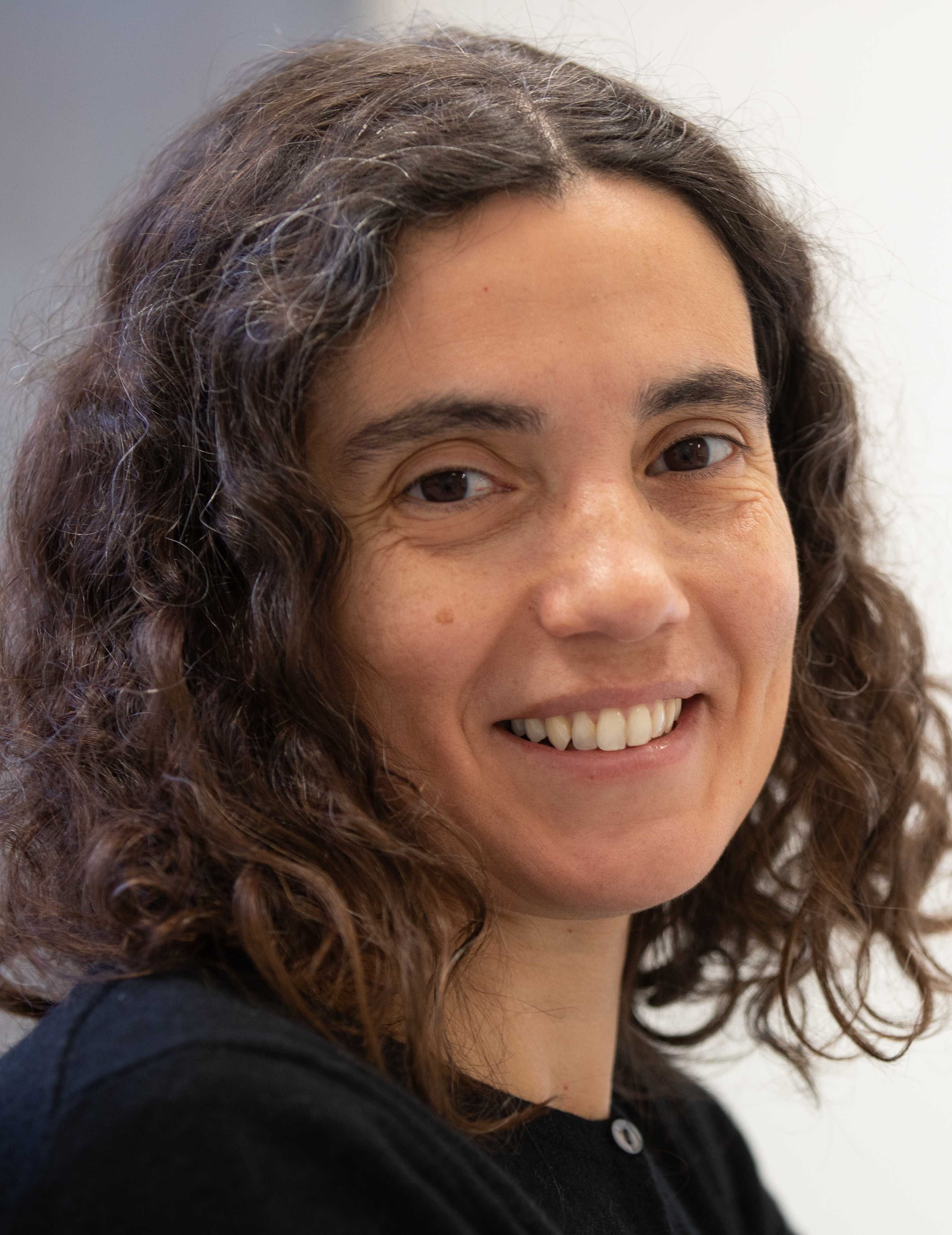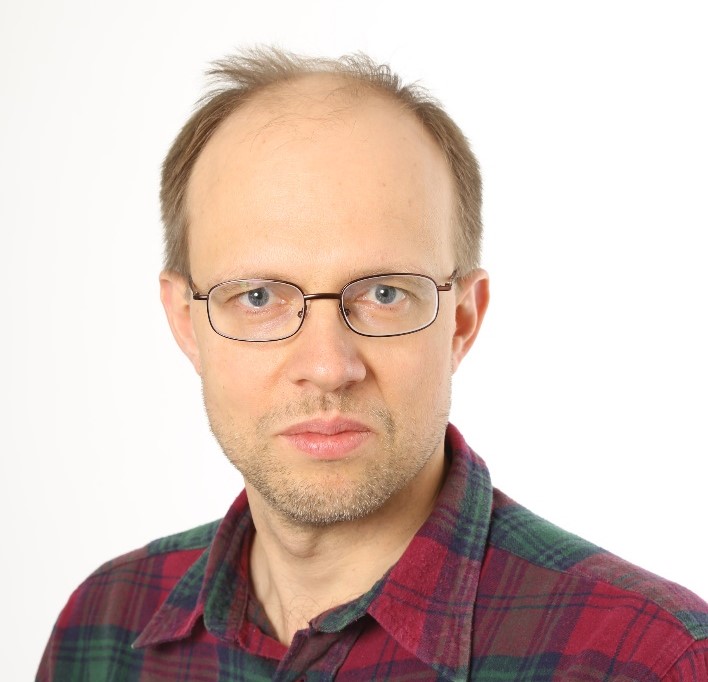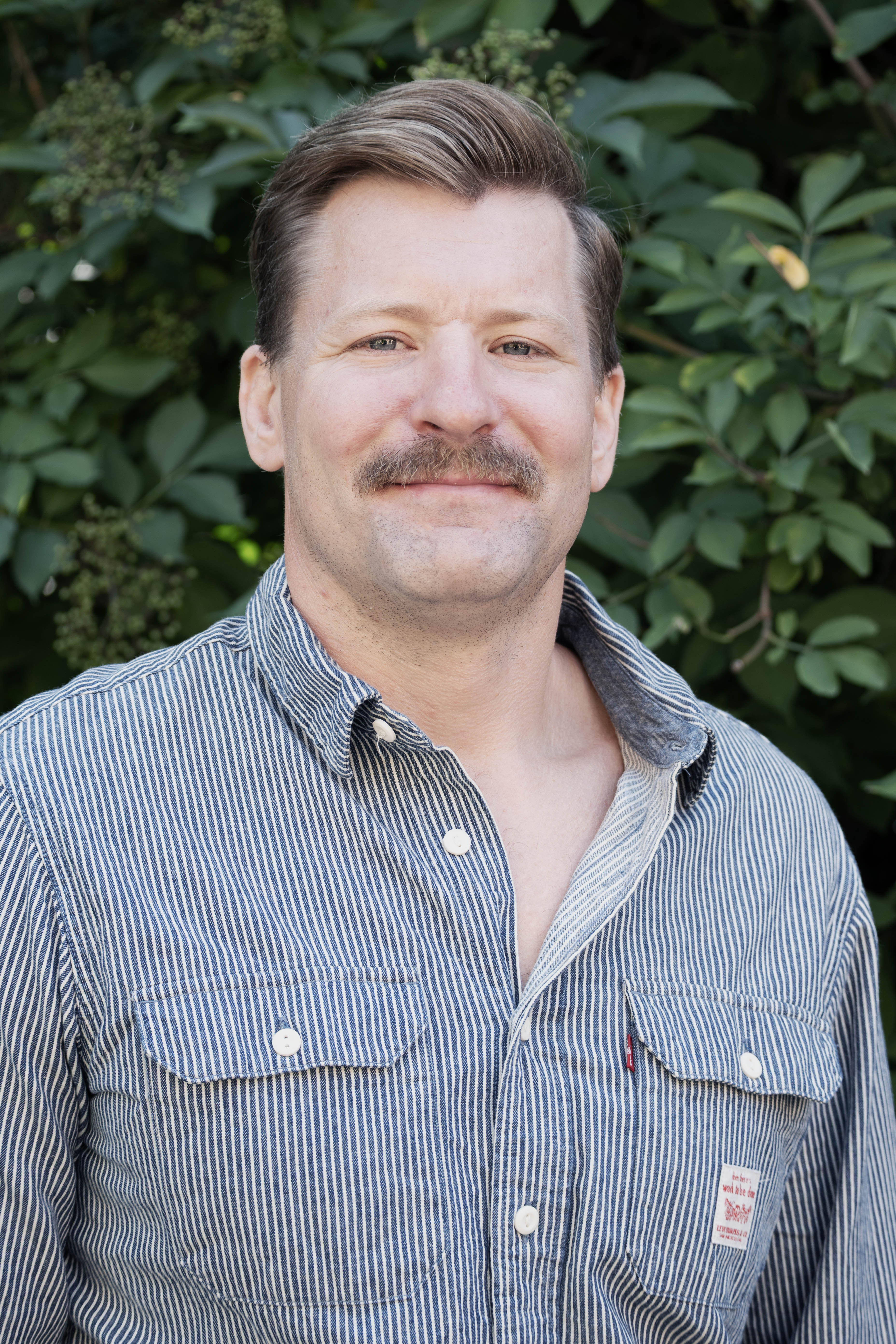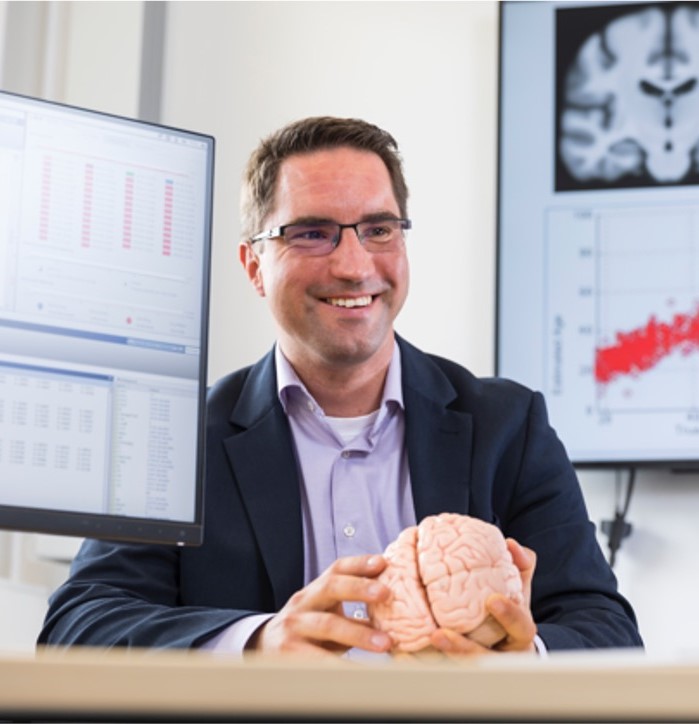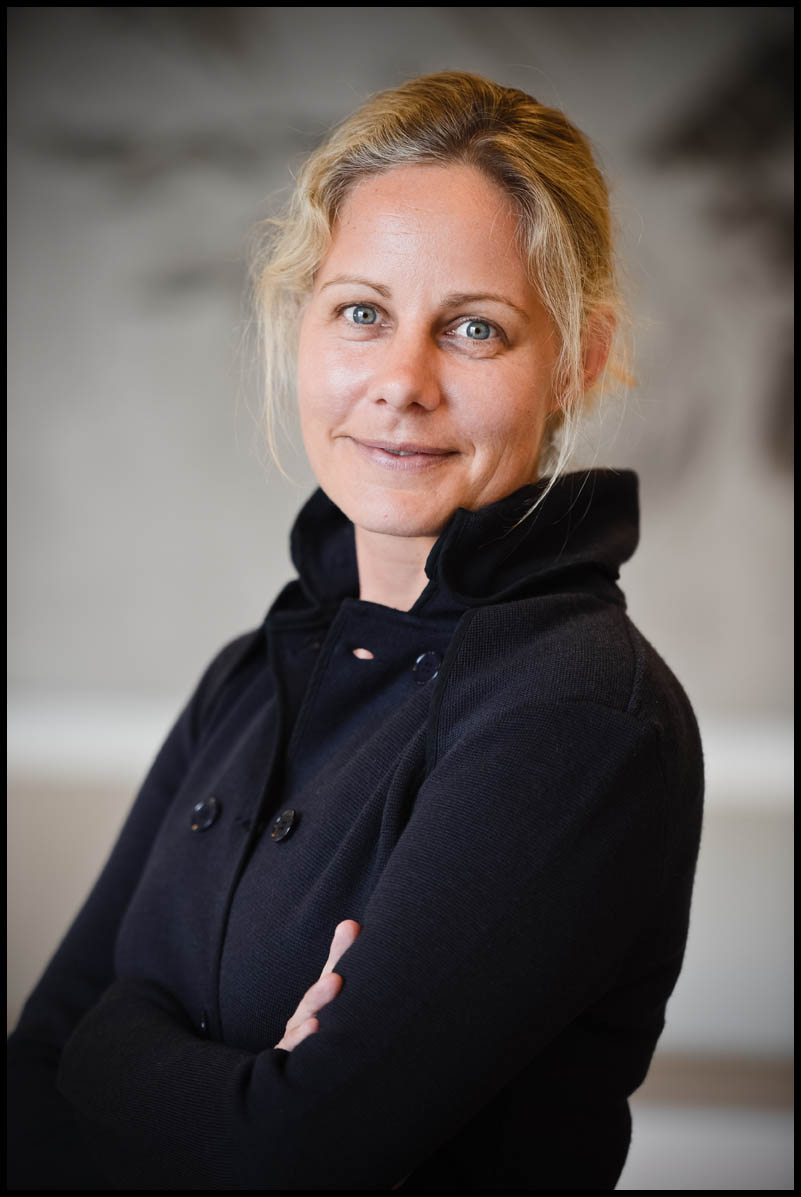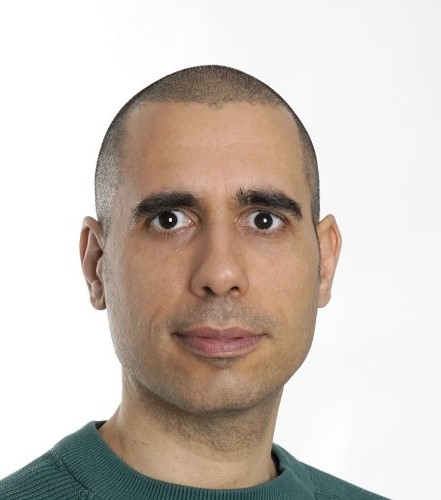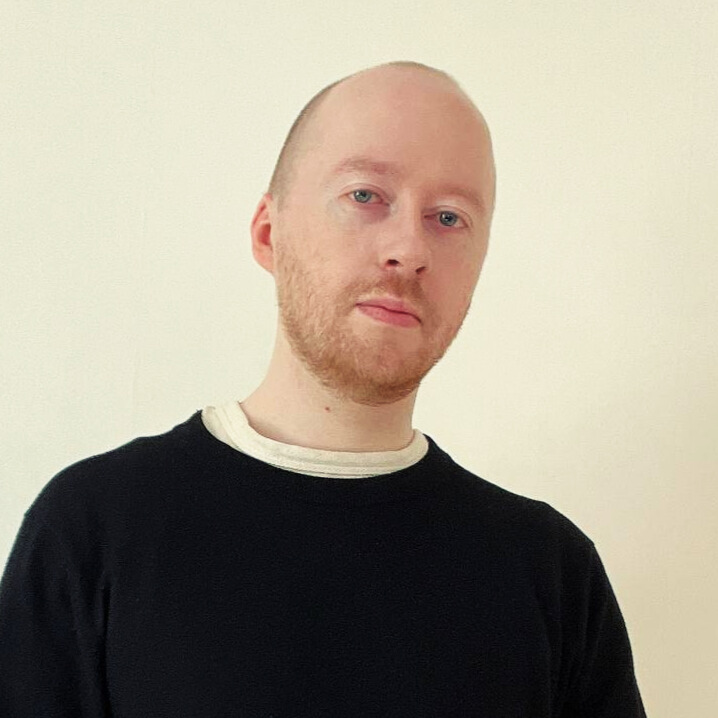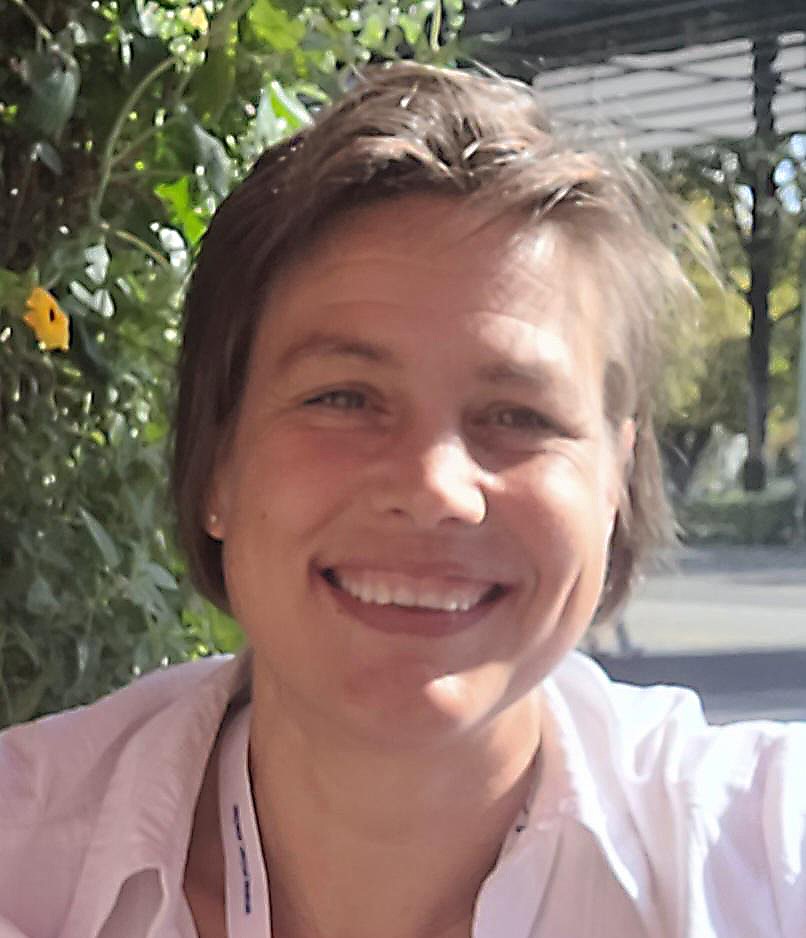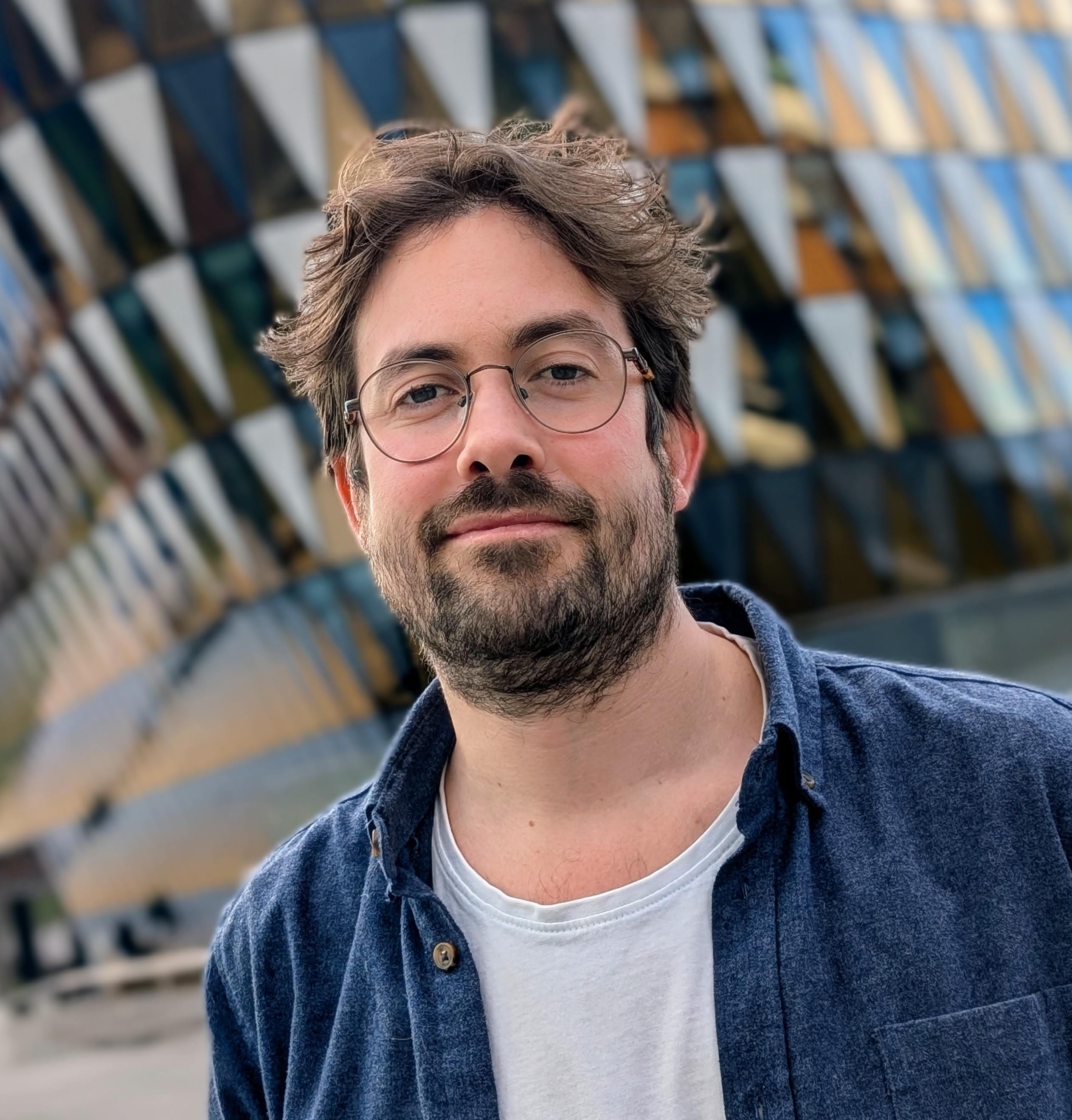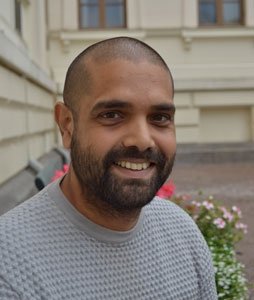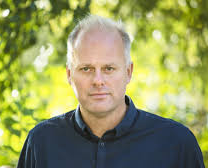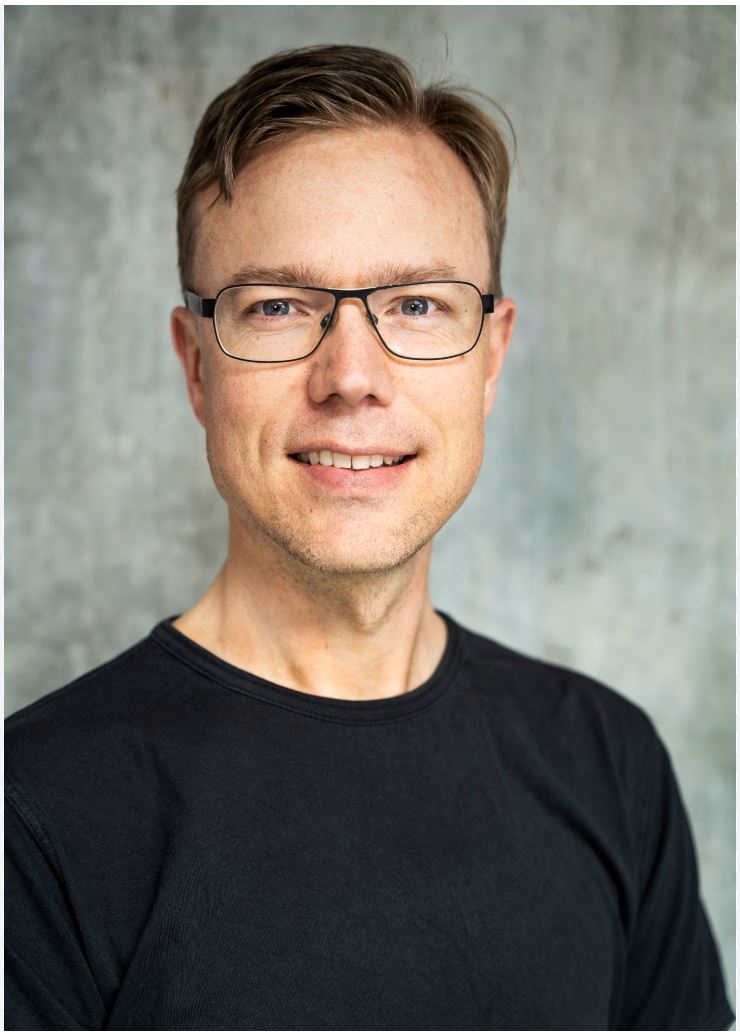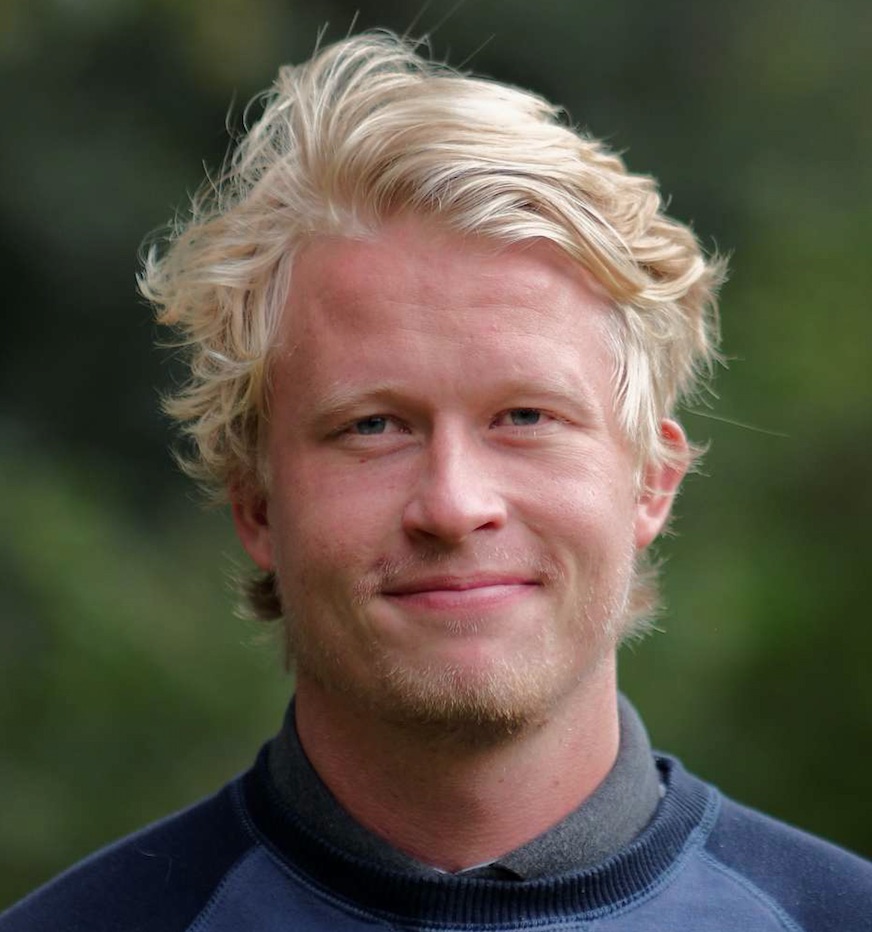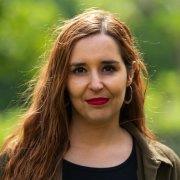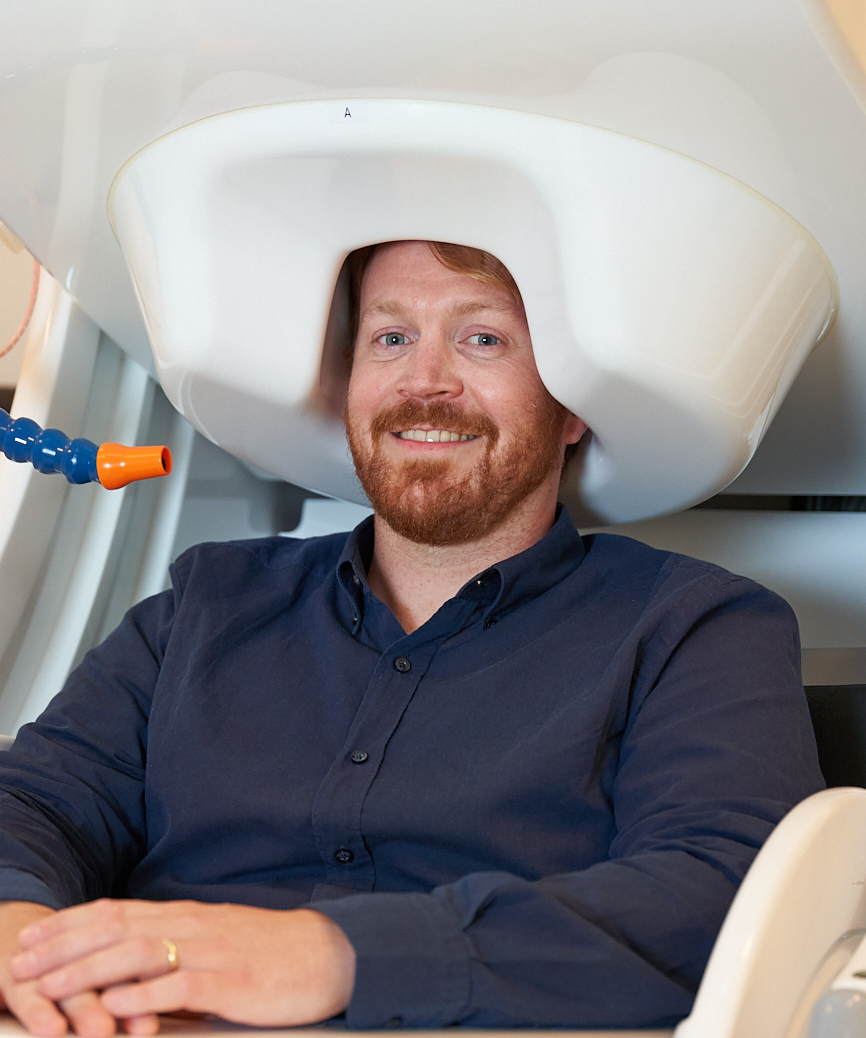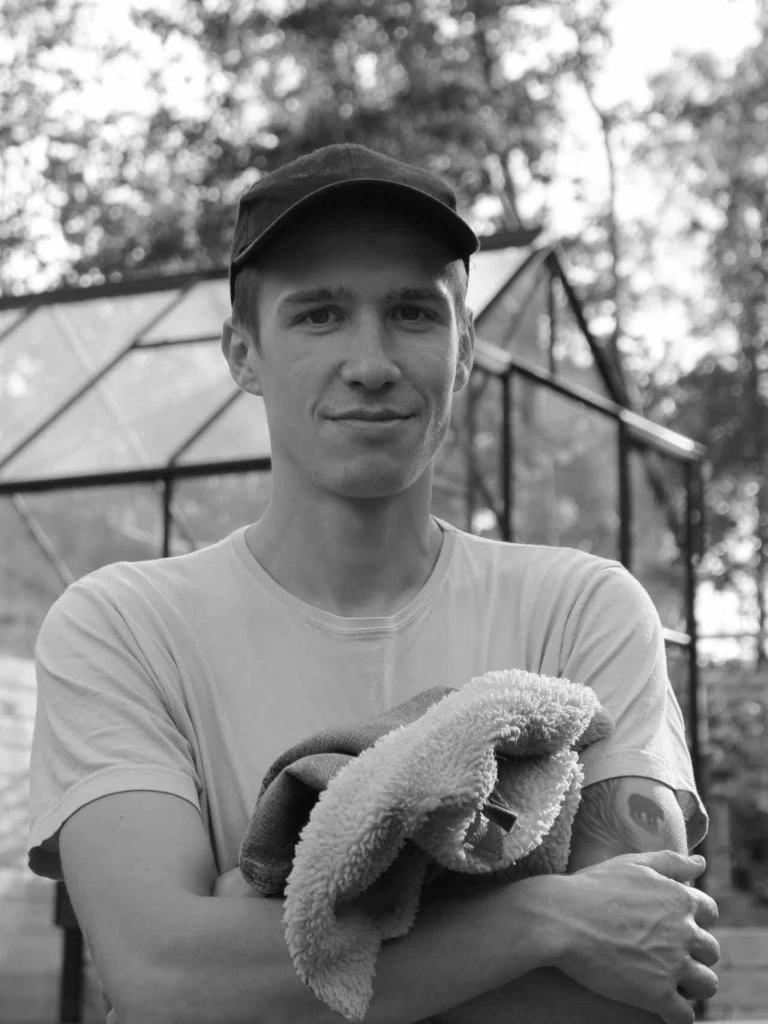Martin Nørgaard
Martin Nørgaard is a biomedical engineer and neuroscientist working to understand and improve the reliability and reproducibility in medical image analyses. He has a particular interest in understanding how methodological variability affects the interpretations of neuroimaging data, and how machine learning, open science and modern software practices can contribute to this. He completed his bachelor's and master's degree in biomedical engineering at the Technical University of Denmark (DTU), specializing in advanced signal processing, medical image analysis and machine learning. He did my PhD in Neuroscience at the Neurobiology Research Unit, Rigshospitalet, University of Copenhagen, in collaboration with the University of Toronto (2016-2019). During his PhD he spent 5 months in the Laboratory for Computational Neuroimaging at the Martinos Center at MGH/Harvard/MIT. He was a DFF International Postdoctoral Fellow with Russ Poldrack at Stanford University (2020-2022).
As of 2023, Martin Nørgaard is working as an Assistant Professor at the Department of Computer Science, University of Copenhagen. He is also affiliated faculty in The Danish Pioneer Centre for Artificial Intelligence (AI) and senior scientific consultant to The Molecular Imaging Branch and The Data Science/Sharing Team at the National Institute of Mental Health (NIMH), Bethesda, USA.
